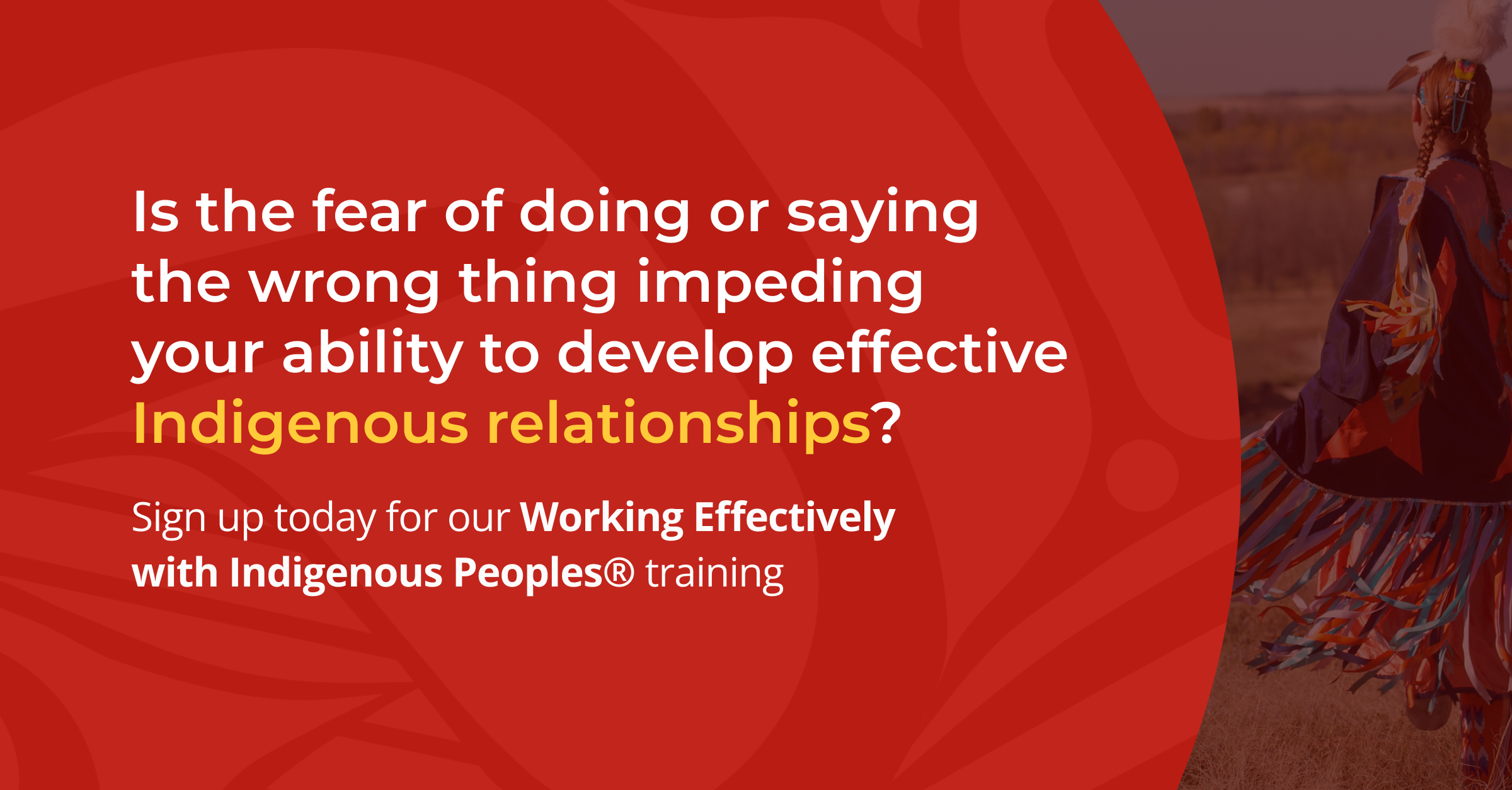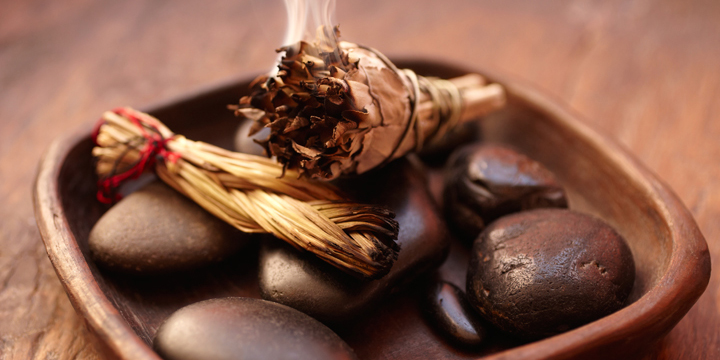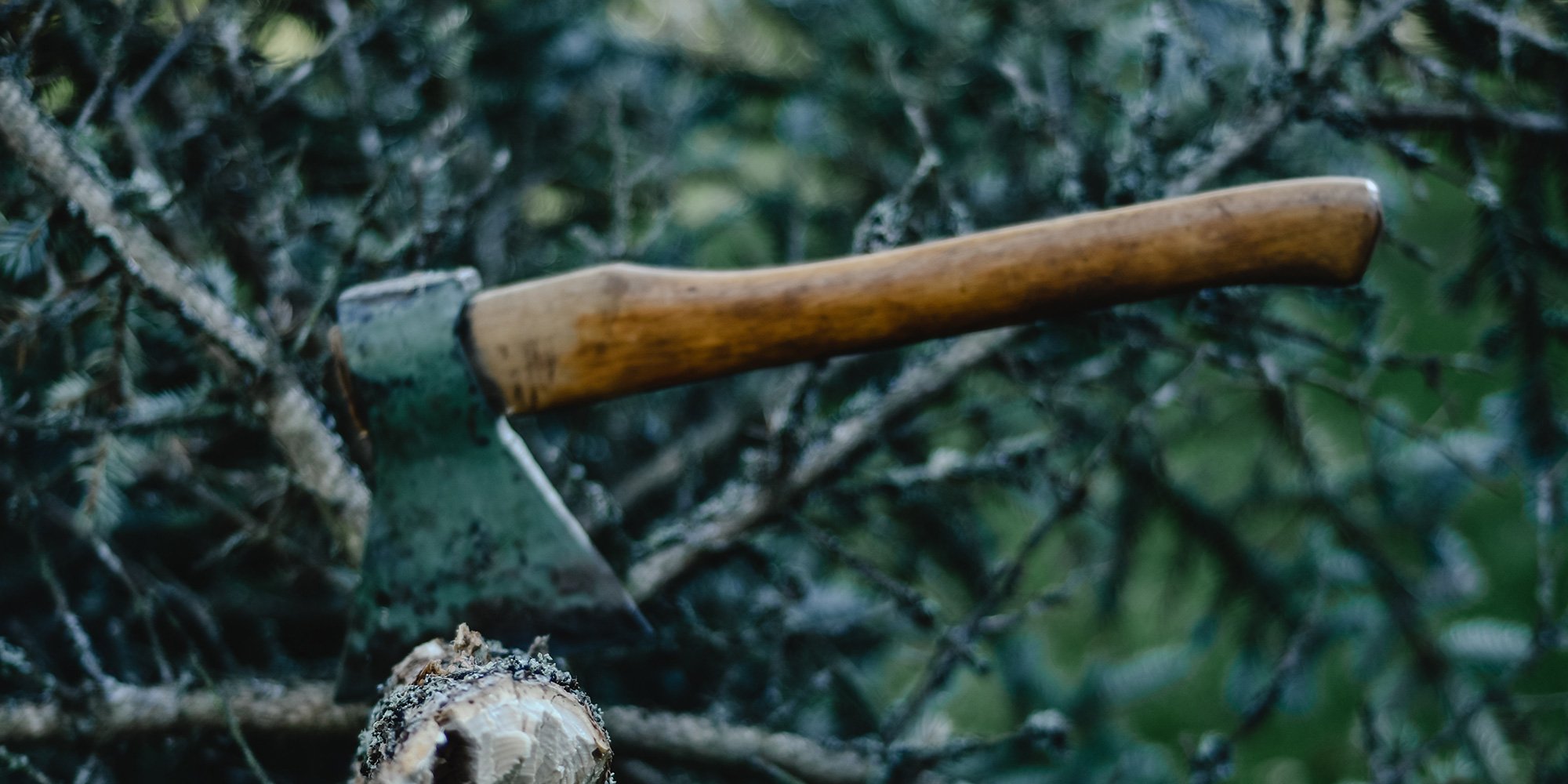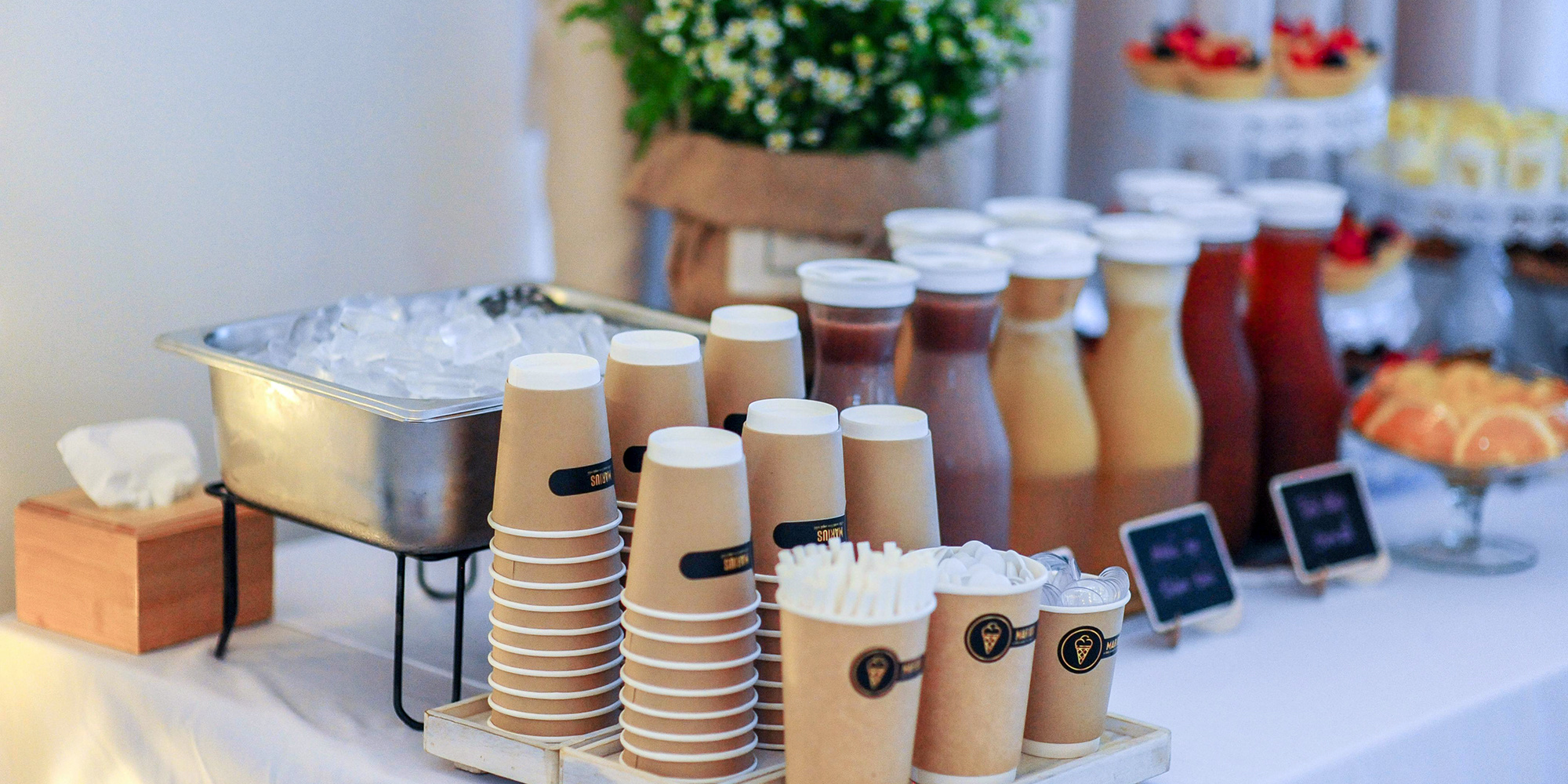Amidst all the dire news about the trajectory of global and local COVID-19 case numbers and mortality, hoarding of necessities, and fights in grocery stores it was a joy to receive a question from a follower asking how they could help remote or vulnerable Indigenous communities.
We had a few ideas but decided to put the question to a broader audience so we posted it on our Twitter and Linkedin sites with the goal of collecting them all in an article for our Working Effectively with Indigenous Peoples® blog.
Here are the responses:
- Contact the band office of your local Indigenous community and ask what the community needs
- Send pallets of bottled water
- Provide gift cards to the local grocery stores
- Purchase goods and services from Indigenous businesses
- Shop online and order some art or jewellery from Indigenous artists
- Provide recipes online for low-cost rationing ie. bread, pasta, casseroles, soups and stews
- Donate to a registered charity, such as Honouring Indigenous Peoples, that specifically supports vulnerable communities during the COVID-19 pandemic
- Arrange online bingo marathons for aunties and Elders
- Support those urban Indigenous folks who can’t pay rent, have no support, and face homelessness
- Arrange delivery of Vitamin C, Tylenol, Powerade, goggles, mask materials, sewing machines, thread, visors, DIY clear dividers, rolls of Tyvek, Baby Tylenol, canned goods, healthy foods, Lysol, Pinesol and bleach, to be delivered
- A pallet full of pasta and sauce would be a thoughtful gesture that everyone could share and appreciate
- How about providing hotel rooms for family members who may need to self-isolate
- Education is key - Understanding that food access can be limited in comparison to those who live in urban areas, this means our shoppers are not hoarding, they are simply buying what they need for a few weeks to a month. Do not visit any Indigenous communities unless you are an essential service provider
- Give (online) classes on baking bread, drying fruits and veggies and hunting etc
- I have started doing meals to give out to some vulnerable people who aren’t finding food with all the shutdowns and lack of supplies. Yesterday I made fry bread And tomorrow I will make vegetable pilaff. I’ve had some friends and a staff member at a local grocery store contribute
- Gift cards for food, support paying hydro, rent, getting their taxes done
- Unfurl the myriad of government programs offering COVID-19 assistance specifically for FNs
- Many communities have children in cities large and small who cannot return due to school or isolation or quarantine. Reach out. Offer digital contact and other support while they are isolated from their home community
- Video elders sharing knowledge... Keep within the community for future generations
- Arrange for storytelling by Elders from a distance or by use of modern media. That would probably lighten the hearts of those who have seen so much loss in their single lifetimes
- Hello. This is a nice initiative. Thank you. May I add: Join or create neighbourhood/regional solidarity groups. Straight up ask friends and family how they’re doing. Get cultural competency training
- It is tough to get gloves and masks and sterilizing supplies in Vancouver, let alone in remote Indigenous communities. Perhaps a package of the same with a card and an empathetic message would be an appropriate gesture
- An ?Esdilagh leader mentioned that shut-in Elders and some community members were struggling to access fresh (frozen would likely be welcome), wild meat
- Send cards, make phone calls Just connect!
A huge, heartfelt Thank You to the person who posed the question and to all those who submitted ideas. We are all in this together and we can help each other while maintaining our physical distance.
Featured photo: Unsplash




